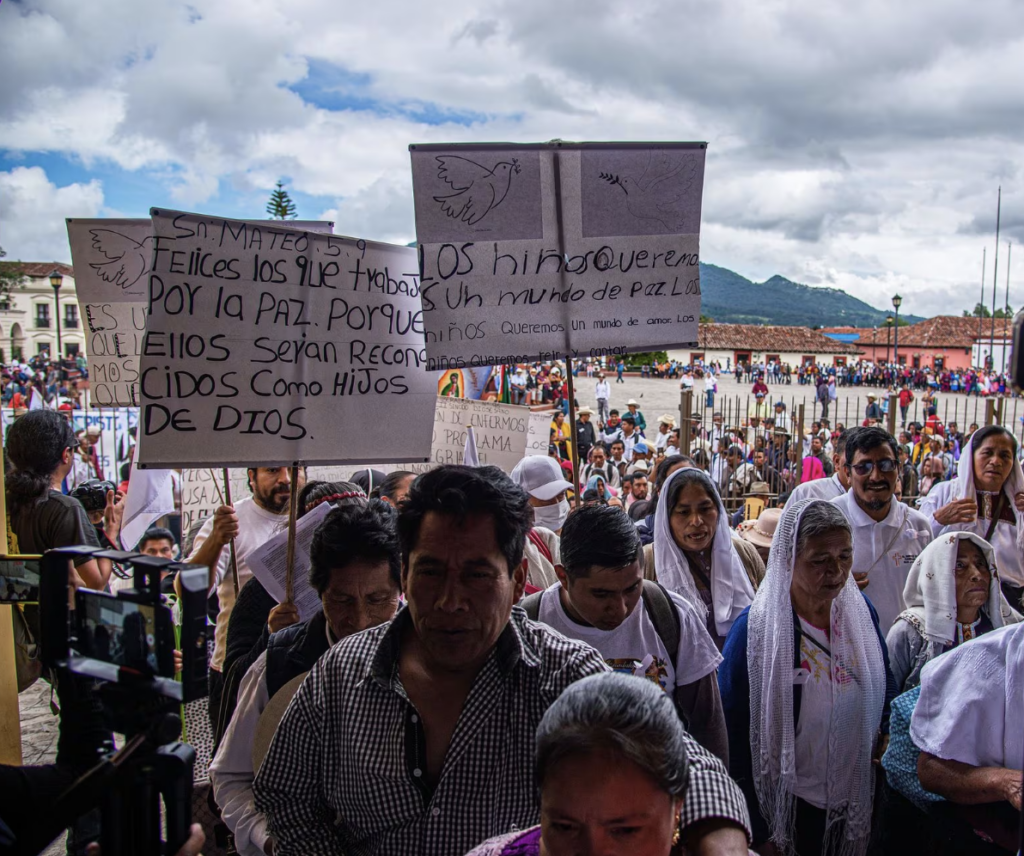The Federal Attorney General Law (Ley Orgánica de la Procuradora General de la República) and the Federal Police Law (Ley de la Policía Federal) passed both chambers of congress in May, giving more investigative powers to the Public Security Secretariat (SSP) through the creation of the Federal Police; and effectively dissolving the Federal Agency of Investigations (AFI) of the federal Attorney General’s Office’s (PGR), to be replaced by the Federal Ministerial Police.
The Federal Attorney General Law aims to give the PGR an investigative police force that can respond to the new challenges posed by organized crime in Mexico, a function that the AFI carried out until early June when the law went into effect. The AFI was created by presidential decree in 2001 to bolster the investigative capacity of the Federal Attorney General’s Office (PGR). At that time, the AFI replaced the corruption-plagued Federal Judicial Police in order to bring about a more professional, scientific, and comprehensive investigative process that would take aim at the operational foundations of organized crime – similar to the stated goals of the new Federal Ministerial Police. The agency came under fire in 2005 under widespread allegations of corruption, and in December of that year the PGR announced that nearly one-fifth of its officers were under investigation for suspected involvement in organized crime.
Agents of the AFI took to the streets in April of this year to demand that the PGR and congress not allow the agency to disappear. Nonetheless, the measure was approved by congress, and Pres. Calderón signed it into law on May 29.
According to the reforms, agents of the new police force will have greater powers to investigate crimes, but will also be subjected to more rigorous compatibility tests. The Federal Ministerial Police will be led by Nicandra Castro Escarpulli, who in the past worked as head of the kidnapping department at SIEDO, the PGR’s office for investigations of organized crime. From the date the new law went into effect, the PGR had 30 days to purge its rosters of undesirable personnel. Former AFI agents who can pass toxicology, medical, psychological, and background checks will be given priority in the new agency.
For its part, the Federal Police Law effectively bestows investigative powers upon what was previously the Federal Preventive Police (PFP), which carried out a strictly preventive function. The agency will remain within the Public Security Secretariat (SSP). Under the new law, Federal Police officers will be able to collaborate with the PGR on its investigations; but the law is clear in stating that in such cases, the Federal Police will act under the supervision of the PGR. In that light, SSP director Genaro García Luna has initiated a 12-week course in the Iztapalapa Central Command for the agency’s first aspiring investigative police.
Among the Federal Police’s new investigative powers are included the ability to seek judicial orders to monitor telephone, satellite, and internet communications in the investigations of organized crime activity. All such measures also must be performed under the supervision of the PGR. Other functions include securing crime scenes, executing arrest orders, and processing evidence, all formerly functions of the AFI. Federal Police agents will also have the authorization to operate undercover to infiltrate criminal organizations.
The changes come as part of broad justice reforms passed by congress last year which, aside from overhauling the criminal justice system, seek to professionalize the nation’s federal, state, and municipal police; give them an enhanced investigative capacity; and standardize the vetting process for perspective officers at all levels. In his original justice reform initiative, Pres. Calderón proposed a total unification of the nation’s federal police, an idea that was generally not received well in congress. For that reason, the Federal Attorney General Law will maintain an investigative police force in the Federal Ministerial Police.
From the June Justice in Mexico Project’s Monthly News Report:
http://www.justiceinmexico.org/news/recent_news.php
SOURCES:
“AFI, entre la corrupción y la eficacia.” El Economista Dec. 6, 2005.
“Desaparece la AFI.” El Financiero May 29, 2009.
Ramos Pérezy, Jorge and María de la Luz González. “Surge la Policía Federal Ministerial.” El Universal May 30, 2009.
Méndez, Alfredo. “Nace este martes la Policía Federal; podrá investigar delitos e intervenir telefonemas.” La Jornada June 2, 2009.




